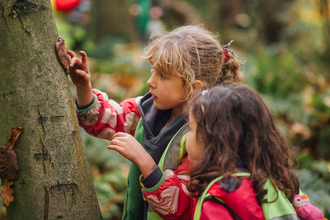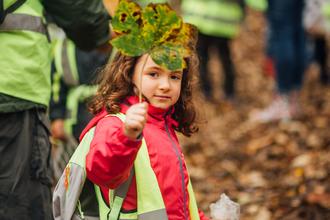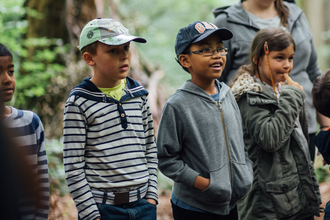Nature Friendly Schools is giving almost 30,000 children across the country opportunities to learn outside the classroom, while supporting their well-being, mental health, and engagement with school.
Shropshire Wildlife Trust was the first organisation in the country to implement this pioneering scheme, which initially involved five schools in the county. Imagine maths next to a wildlife pond, English under the shade of an ancient oak, or science classes through real life experiences in the natural world...
Shropshire Wildlife Trust’s Ellie Leach says: “There’s been sweat, tears, a global pandemic and lots of muddy puddles, but our schools in Shropshire have championed outdoor learning every step of the way. This is not just about large scale outdoor activities, this is showing our children how to manage their own health and wellbeing by connecting with nature. Five minutes here, a quick lesson there, makes all the difference and lays the foundations for active learning, academic resilience and healthy young people who want to learn about and protect our precious natural world.”
Stephanie Dowley, Headteacher at John Randall Primary in Telford, says, “Nature Friendly Schools has been transformative for our pupils and our school. Every class now spends at least an hour learning outside each day in our forest school area, which is brilliant for the children. Their senses come alive, encouraging creativity and confidence. After the year children have had – much of the time being stuck at home and away from their peers – learning and playing together in nature isn’t just helpful – it’s essential.”




